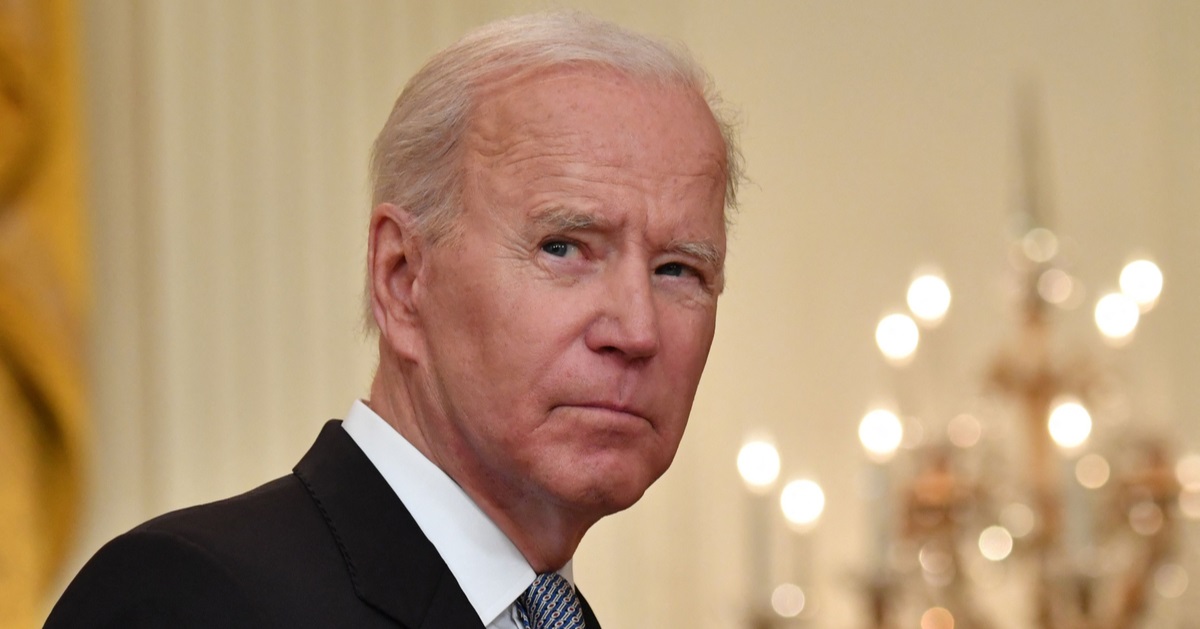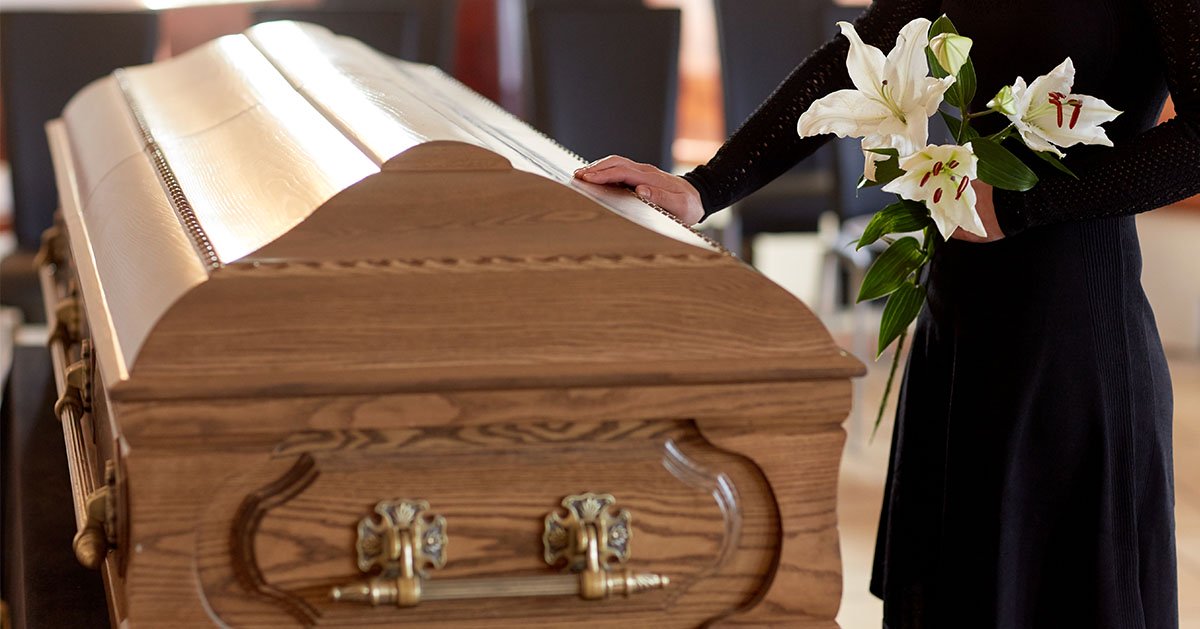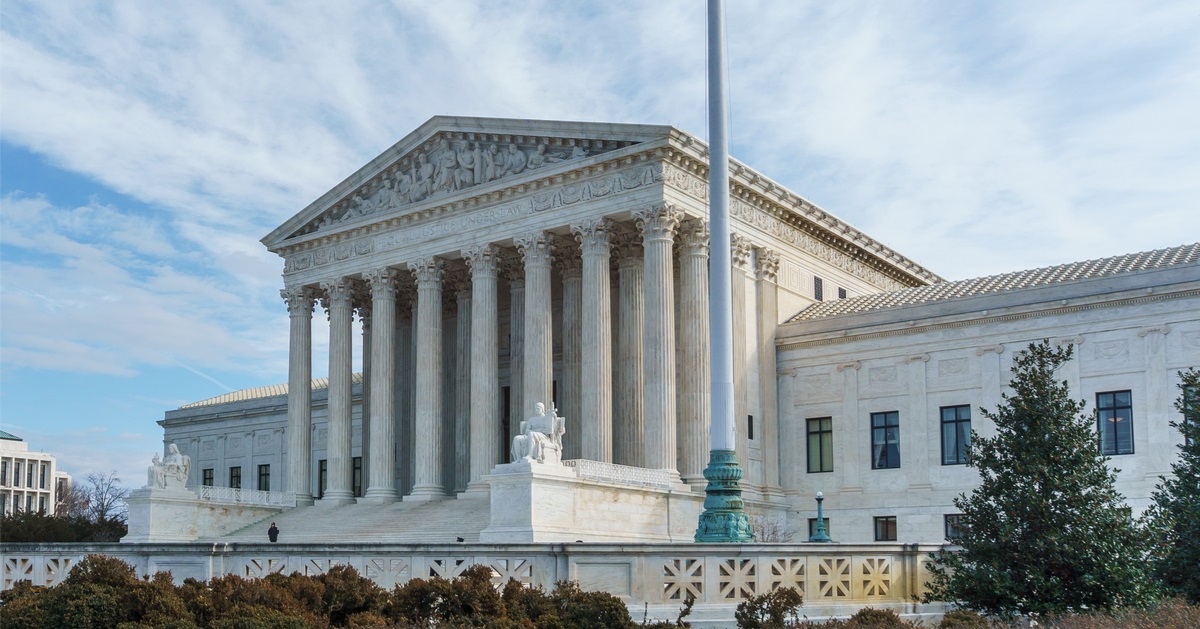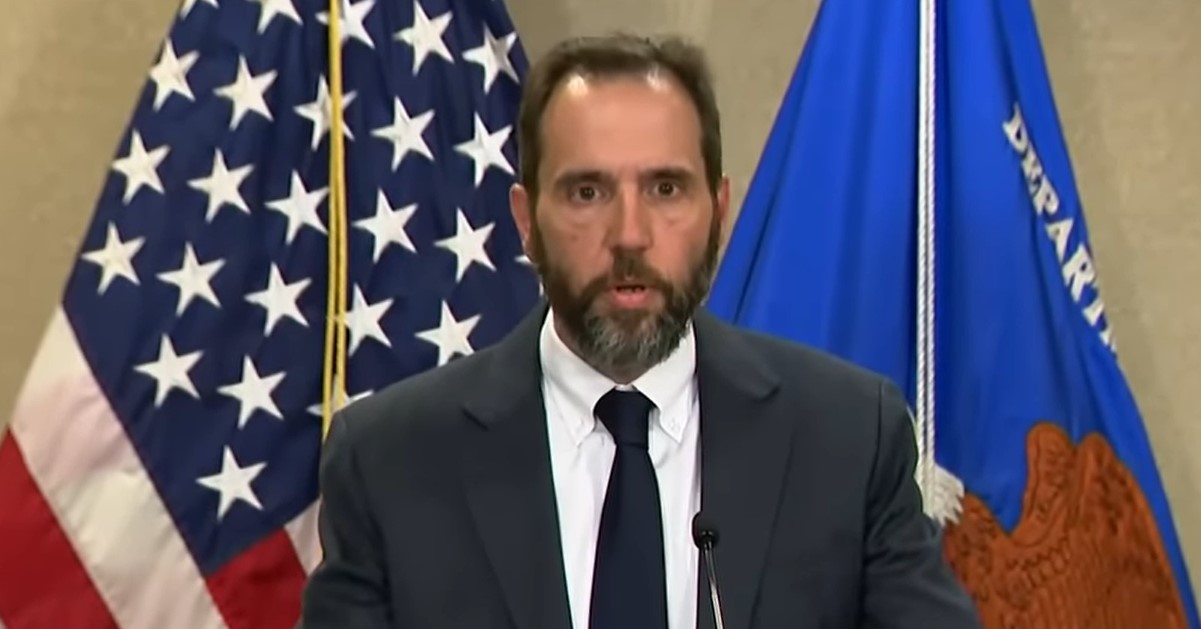Justice Barrett differs from majority, sides with liberal colleagues against key aspects of Trump's immunity
Justice Amy Coney Barrett, nominated by former President Donald Trump in 2020, has not consistently ruled favorably toward Trump as some on the left and right predicted she would.
A case in point would be the court's ruling on presidential immunity, in which Barrett generally concurred but strongly disagreed with the conservative-leaning majority and sided instead with the liberal dissent on certain key points, Axios reported.
Most notably, while she agreed with the majority that presidents are presumptively immune from prosecution for "official" acts, she disagreed in that she would allow prosecutors to use those non-prosecutable official acts as evidence in support of criminal prosecution for unofficial acts, even though doing so might prejudice a jury.
Majority rules non-prosecutable "official acts" can't be used as evidence against presidents
SCOTUSblog reported that in the majority opinion written by Chief Justice John Roberts, it was concluded that prosecutors are barred from using official acts for which a president is immune as evidence in support of prosecutable unofficial acts.
Doing so, Roberts warned, "threatens to eviscerate the immunity we have recognized. It would permit a prosecutor to do indirectly what he cannot do directly -- invite the jury to examine acts for which a President is immune from prosecution to nonetheless prove his liability on any charge."
Unsurprisingly, the court's three liberal justices disagreed, and in a dissent authored by Justice Sonia Sotomayor that was joined by Elena Kagan and Ketanji Brown Jackson, allowing prosecutors to use non-prosecutable official acts as evidence in the prosecution of unofficial acts was just one of many areas where they departed from the majority's opinion.
Barrett says official acts should be used as evidence in prosecutions for unofficial acts
In a concurring opinion that largely agreed with the majority but would apply presidential immunity more narrowly, Justice Barrett revealed that she sided with her liberal colleagues on the issue of allowing a president's official acts to be used as evidence in a criminal prosecution.
"I do not join Part III–C, however, which holds that the Constitution limits the introduction of protected conduct as evidence in a criminal prosecution of a President, beyond the limits afforded by executive privilege. I disagree with that holding; on this score, I agree with the dissent," Barrett wrote. "The Constitution does not require blinding juries to the circumstances surrounding conduct for which Presidents can be held liable."
Using bribery charges as a hypothetical example, she explained that "excluding from trial any mention of the official act connected to the bribe would
hamstring the prosecution. To make sense of charges alleging a quid pro quo, the jury must be allowed to hear about both the quid and the quo, even if the quo, standing alone, could not be a basis for the President’s criminal liability."
And, while Barrett did acknowledge the majority's concern that "allowing into evidence official acts for which the President cannot be held criminally liable may prejudice the jury," she argued that the "familiar and time-tested procedure" of evidentiary rules and trial court processes would prove sufficient to avoid or limit the damage from "unfair prejudice" of jurors.
Barrett thinks Trump should be prosecuted for alternate elector slates, attempts to influence state officials
According to leftist outlet Salon, Justice Barrett also departed from the conservative-leaning majority and joined her liberal colleagues against former President Trump in asserting that he should be open to criminal prosecution for the "fake" or alternate slate of electors "scheme" in the aftermath of the 2020 election.
In a footnote in her concurring opinion, Barrett looked at "the President’s alleged attempt to organize alternative slates of electors" and suggested that, "In my view, that conduct is private and therefore not entitled to protection."
"The Constitution vests power to appoint Presidential electors in the States. And while Congress has a limited role in that process, the President has none," she added. " In short, a President has no legal authority -- and thus no official capacity -- to influence how the States appoint their electors. I see no plausible argument for barring prosecution of that alleged conduct."
Barrett also seemed to suggest that Trump's alleged exertion of influence on state officials is prosecutable, as she wrote in her opinion, "The indictment alleges that the President 'asked the Arizona House Speaker to call the legislature into session to hold a hearing' about election fraud claims. The President has no authority over state legislatures or their leadership, so it is hard to see how prosecuting him for crimes committed when dealing with the Arizona House Speaker would unconstitutionally intrude on executive power."





